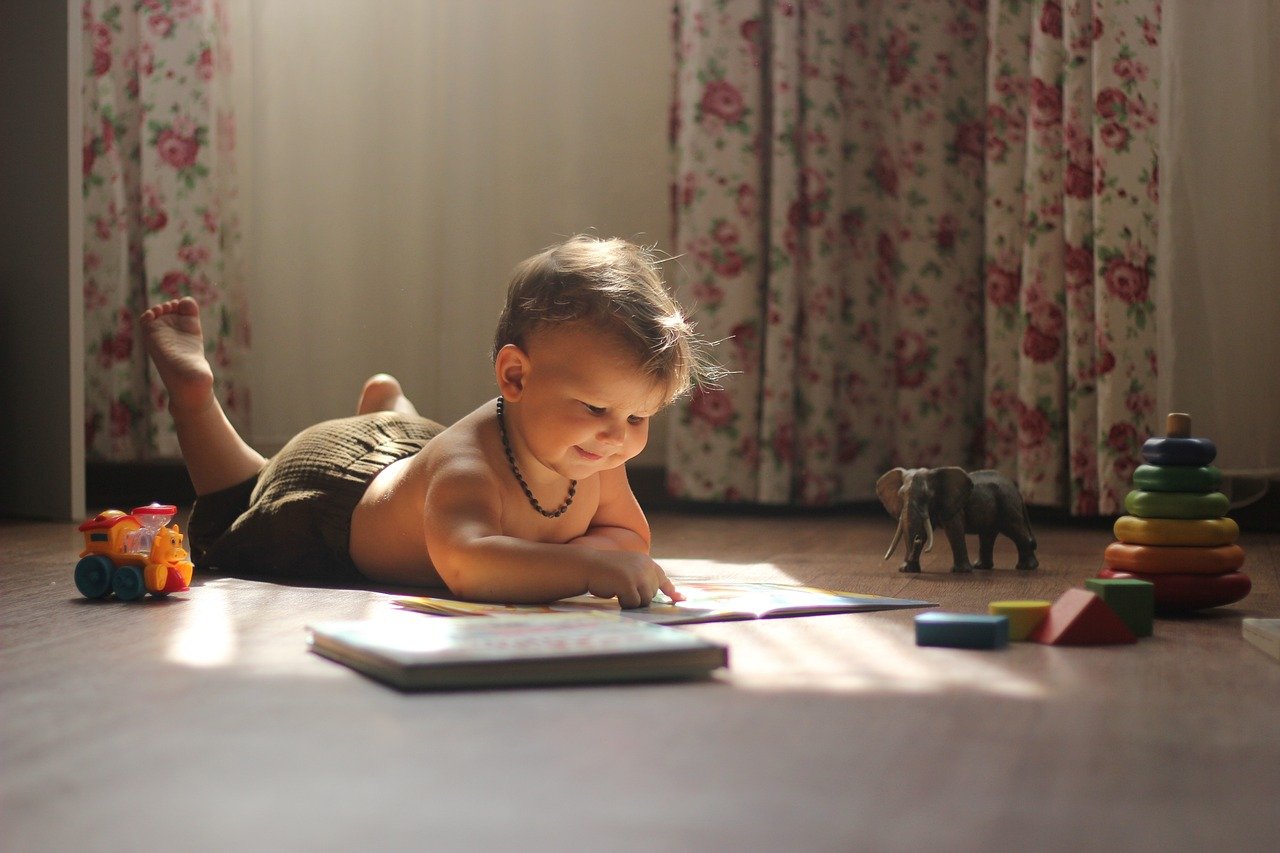
Books are Perfect Toys
Children’s toys and books provide a reflection of what so many of us hope will be a new perspective on issues like race, gender, religion, ethnicity, socio-economic status, and more.

They’re Watching Us
Children don’t miss much of what we do, so they need to regularly see us reading to observe that reading is a valuable, enjoyable thing to do.
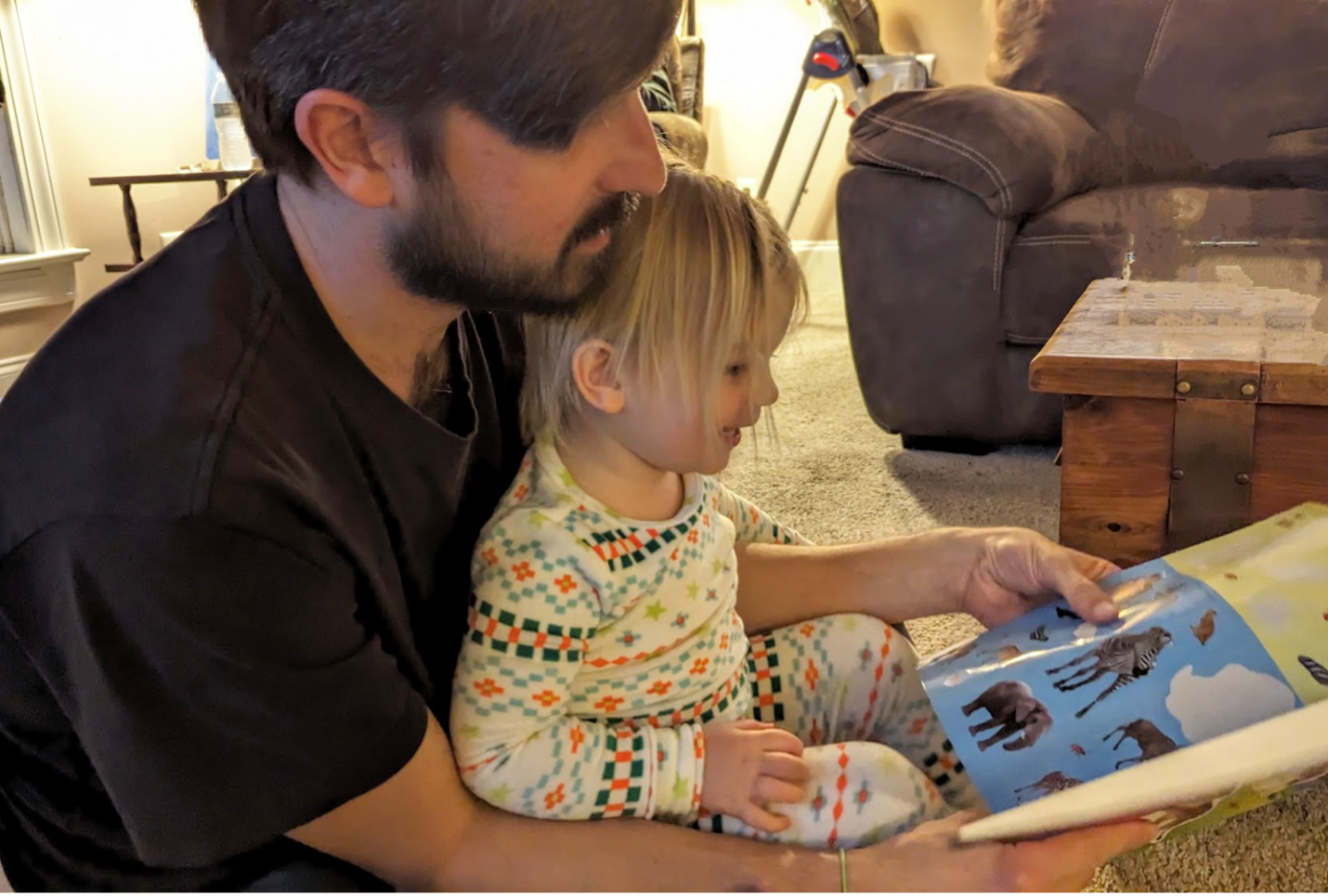
Let’s Change Parent/Teacher Conversations About Reading
Children’s daily engagements with books contribute to their language ability and eagerness to use books to explore the world beyond home.

Knowing and Growing Takes All Types of Books
All types of books can ignite reading energy in kids. Let them choose what’s interesting to them—storybooks, nonfiction, comics—they’re all good!

Grow Readers to Grow Communities
Literacy can serve as the accumulating glue that holds communities together and builds lasting paths to lifelong personal growth.

Spoiled-Rotten Readers
Let’s offer ourselves the freedom to quit reading any book that doesn’t meet our expectations and choose something that better meets our selfish needs. And let’s extend this permission to children as they build their own relationship with books and reading.
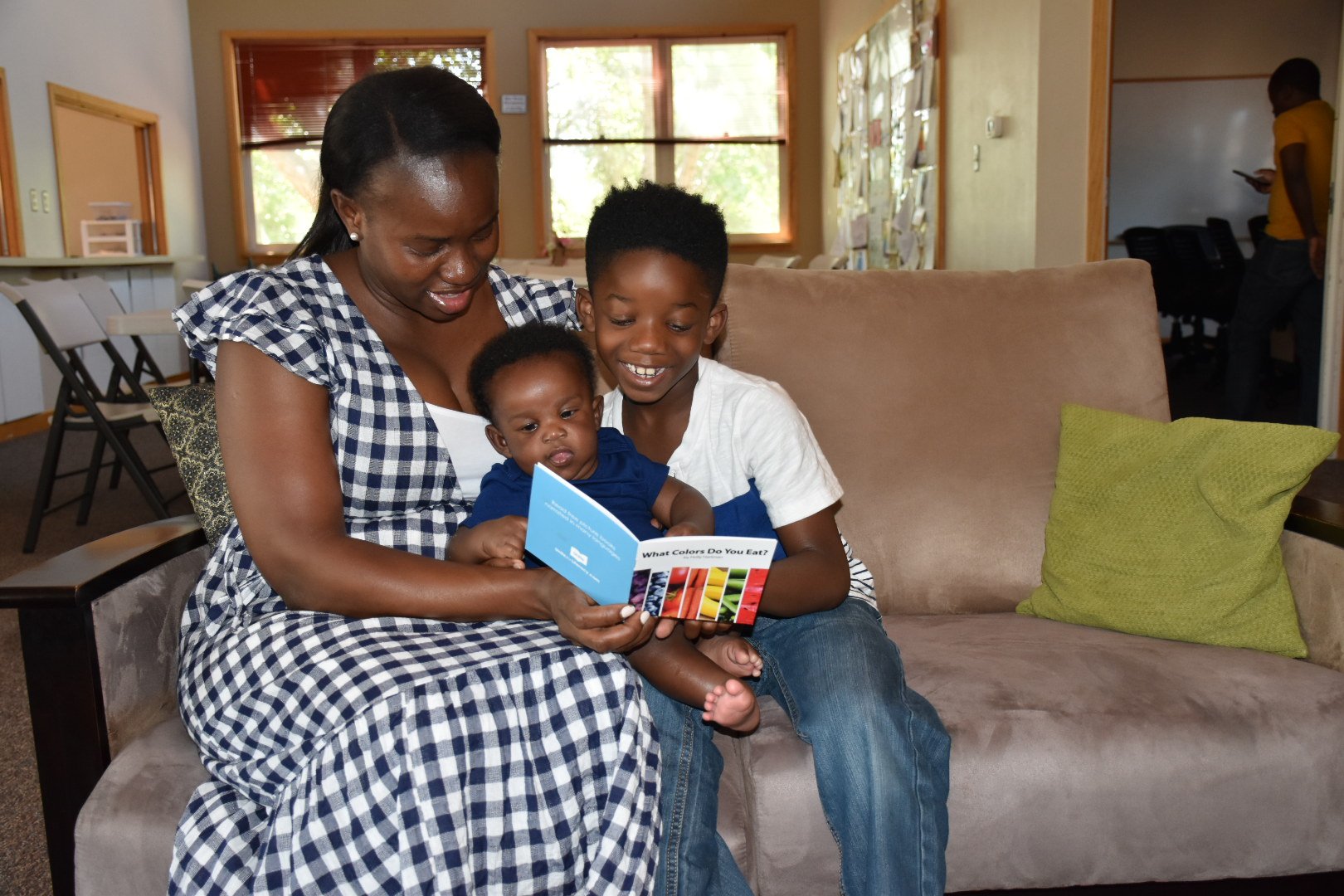
Culture is Everything
When a family has a culture of reading—when family members choose to read books together with engaging content and rich vocabulary—they send a message to their children that books and reading matter.
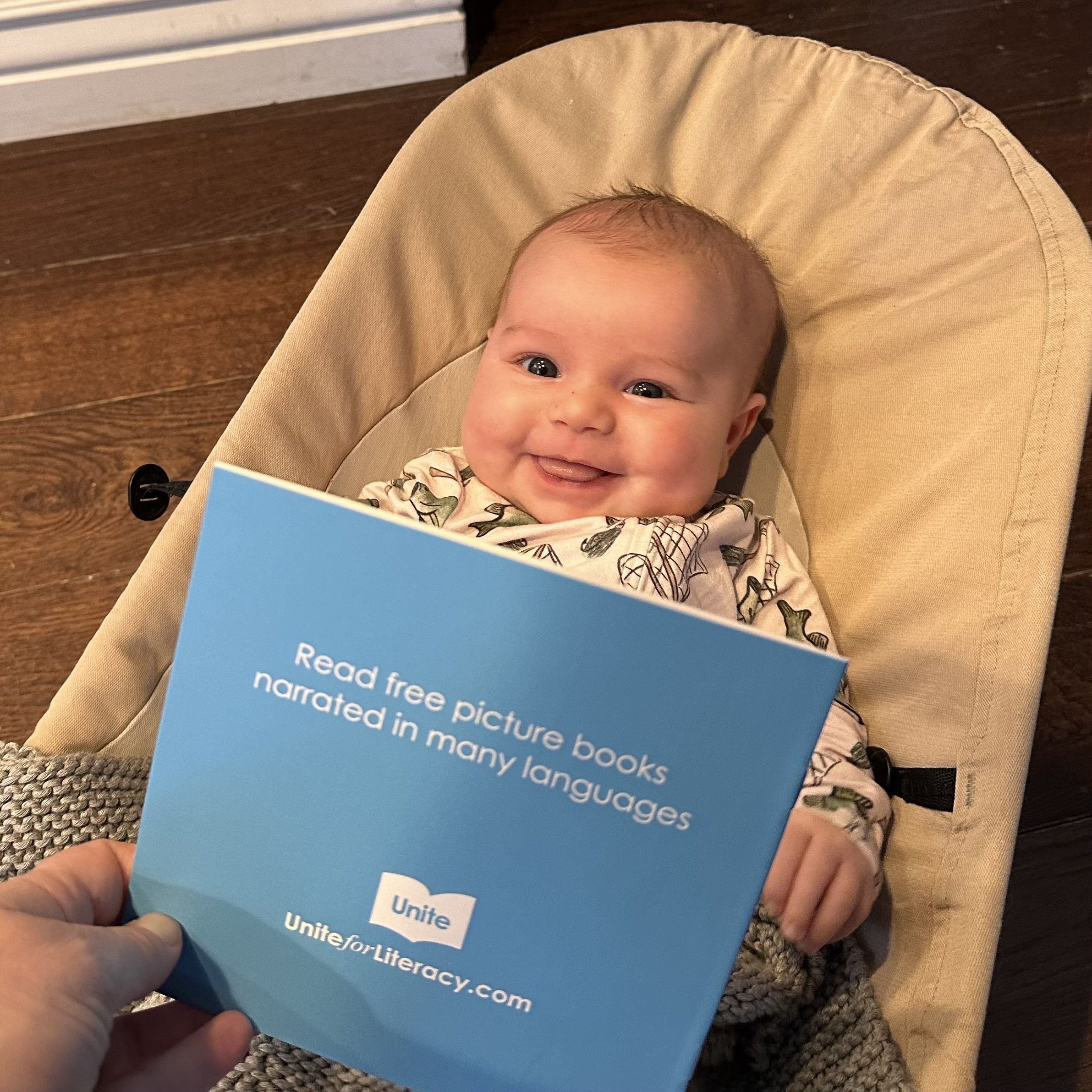
Baby Book Talks
Infant language becomes dramatically more powerful when books are added to their lives. The language found in books is much richer and more elaborate than the typical language shared around the house or during meals.

Children Need Time to Relax With Books
Relaxed daily reading of personally mesmerizing books is what initiates and builds the habit of reading and with that, the promise of self-enriching lifelong learning.
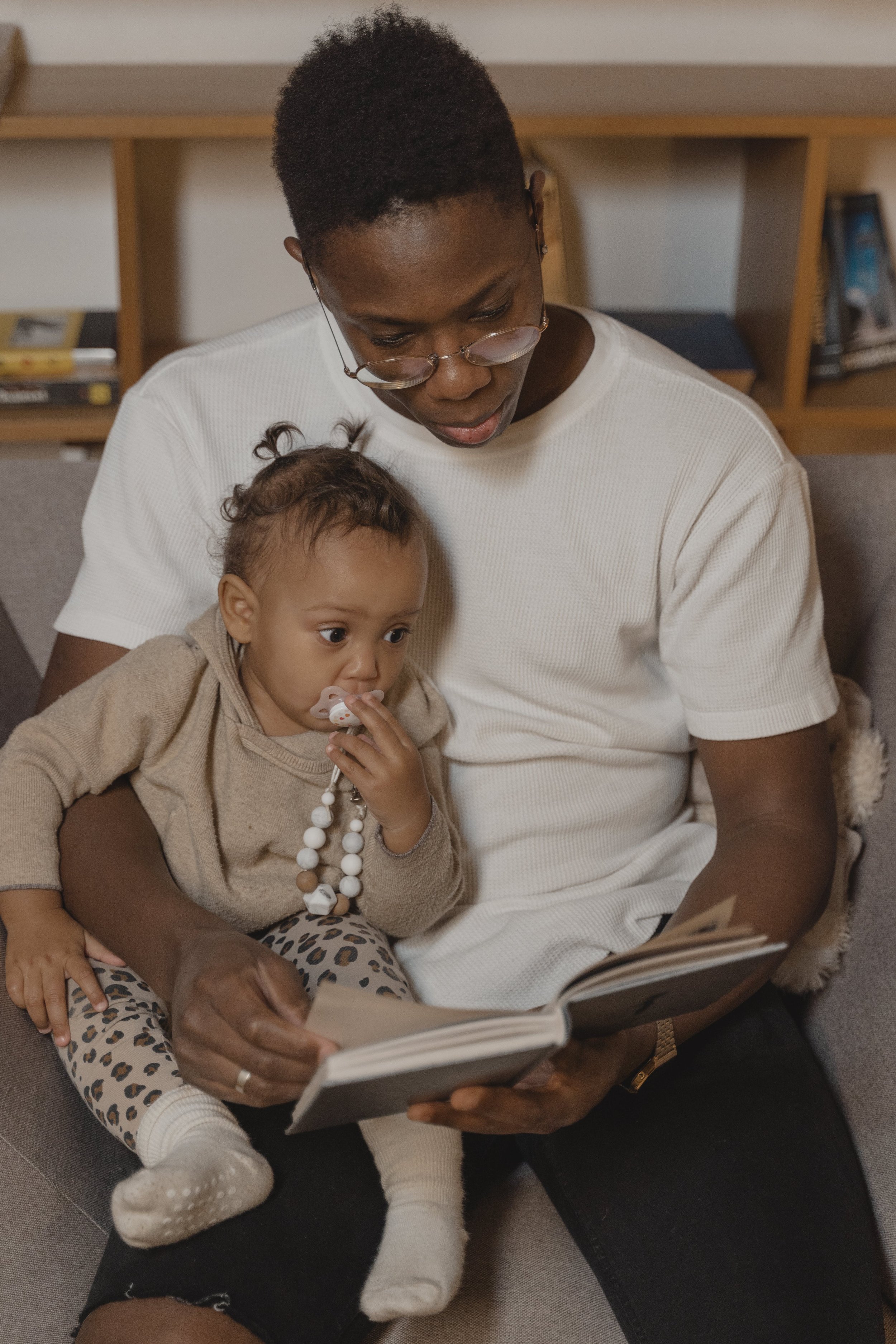
Access to Relevant Books Leads to Lifelong Reading
We want to ensure that kids everywhere have enough books to support a natural development of their early literacy.

Kids Taught to Choose Books Choose Reading for Life
Encouraging and then allowing kids to choose what they read puts them at the center of their literacy learning lives, which is right where we hope they will forever choose to be.
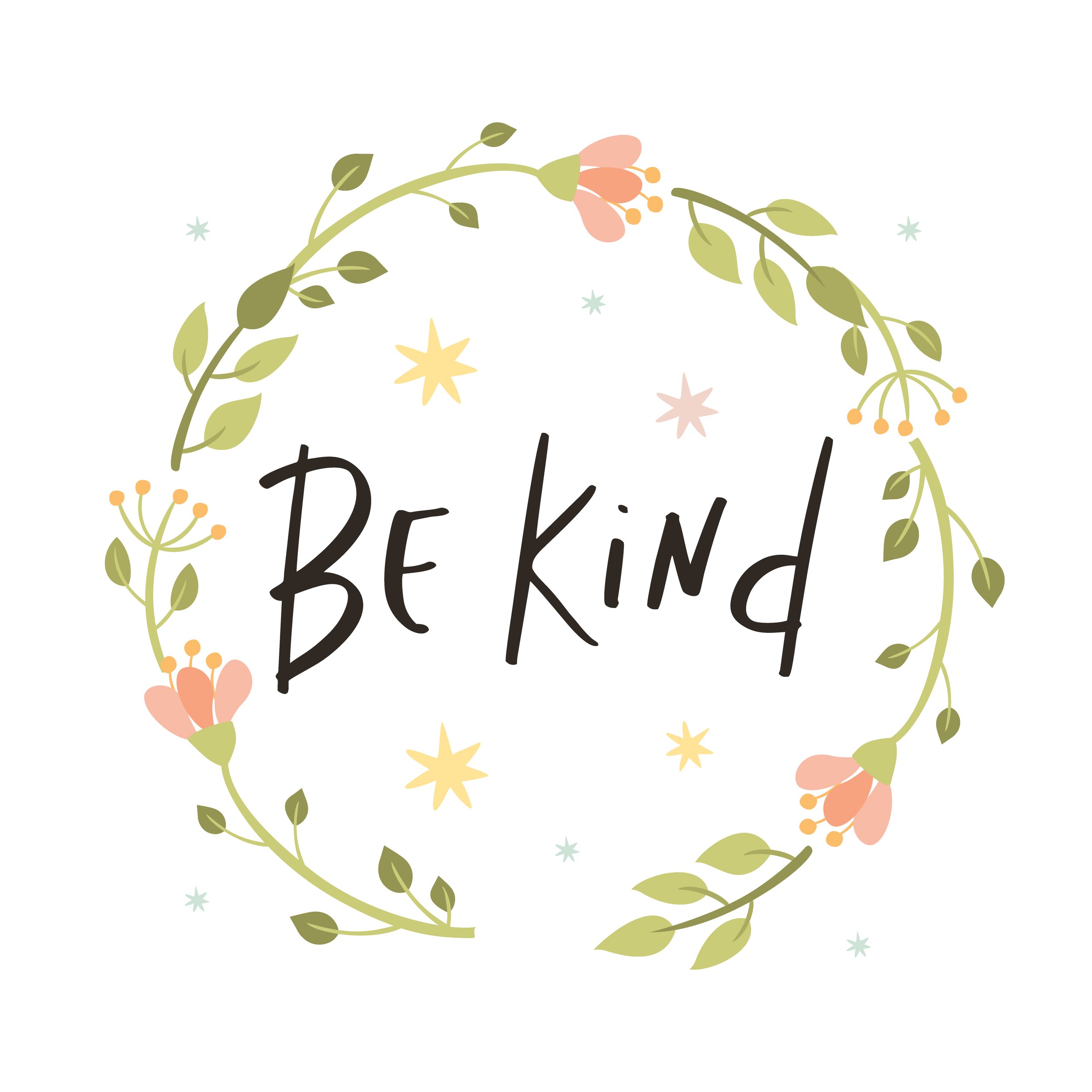
Words That Matter
Magic happens when kids are encouraged to use words to express kindness to others.
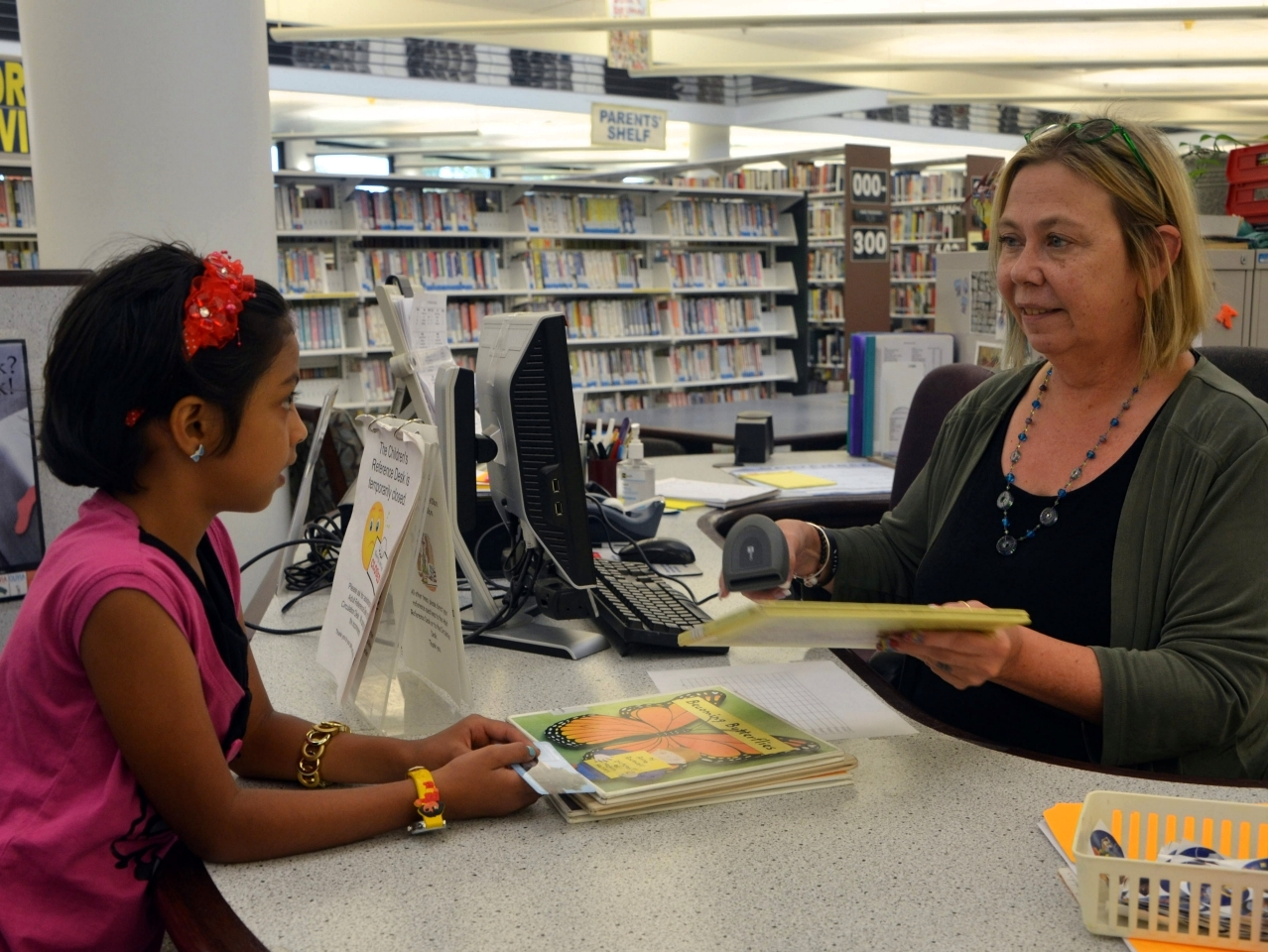
Check It Out
When it comes to checking out books, digital options offer infinite possibilities.

The Primacy of “Mother Language”
An individual’s mother language is the most comprehensive path to the full understanding of other people and their values.

Never Ever Too Early
Language growth and brain development have a process of opportunity that completes its work around the age of 6 years, so start reading to new readers now, regardless of age and/or level of brain development.

How Parents Can Help Kids Plug In to Good Reads, Rest, and Play
Research and data helps support the principles we stand on here at Unite for Literacy.
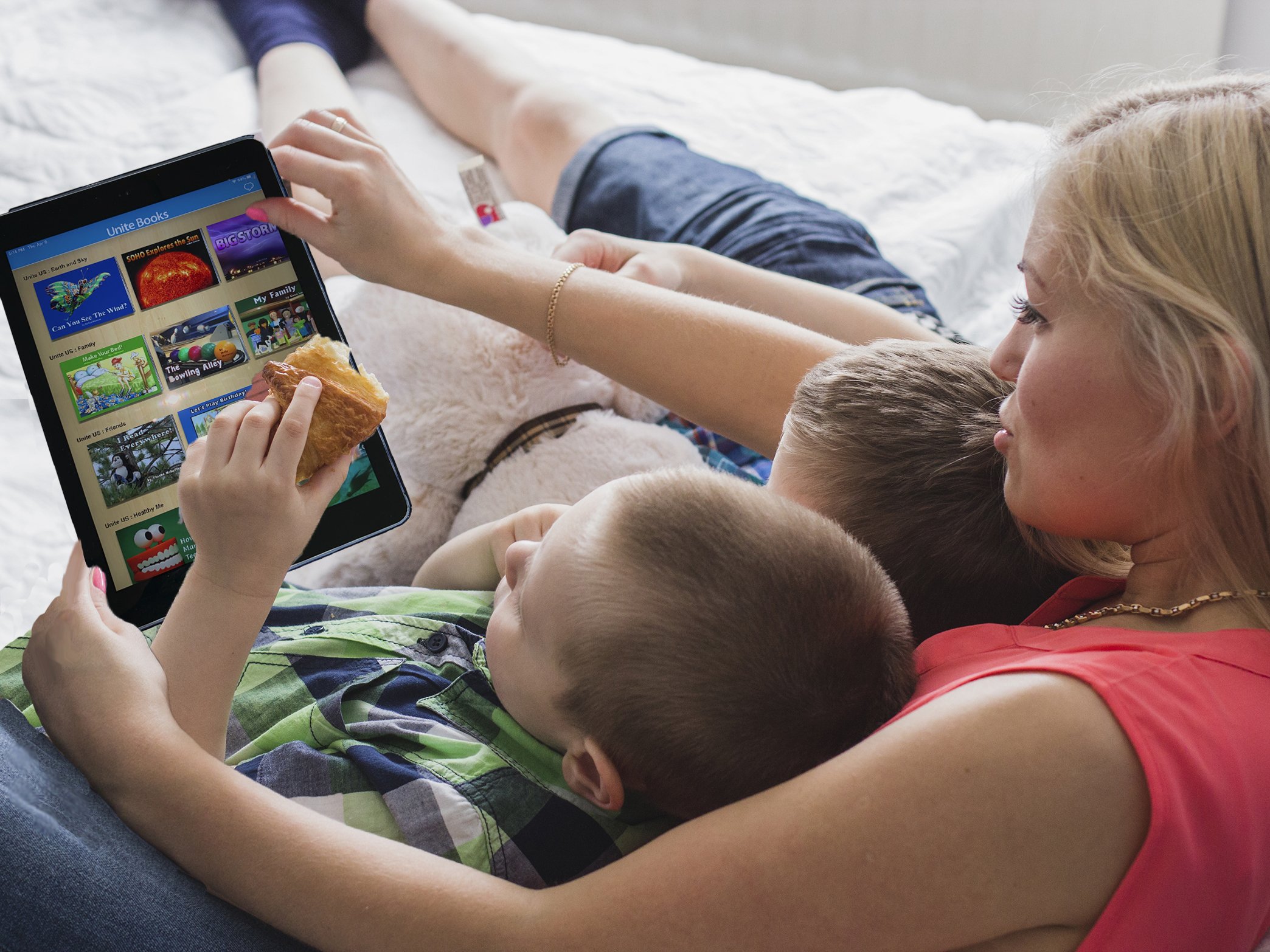
Digital Libraries are Like Love
Like love, which is utterly fulfilling and limitless, there is no downside to digital libraries and to the books they freely provide for us all.
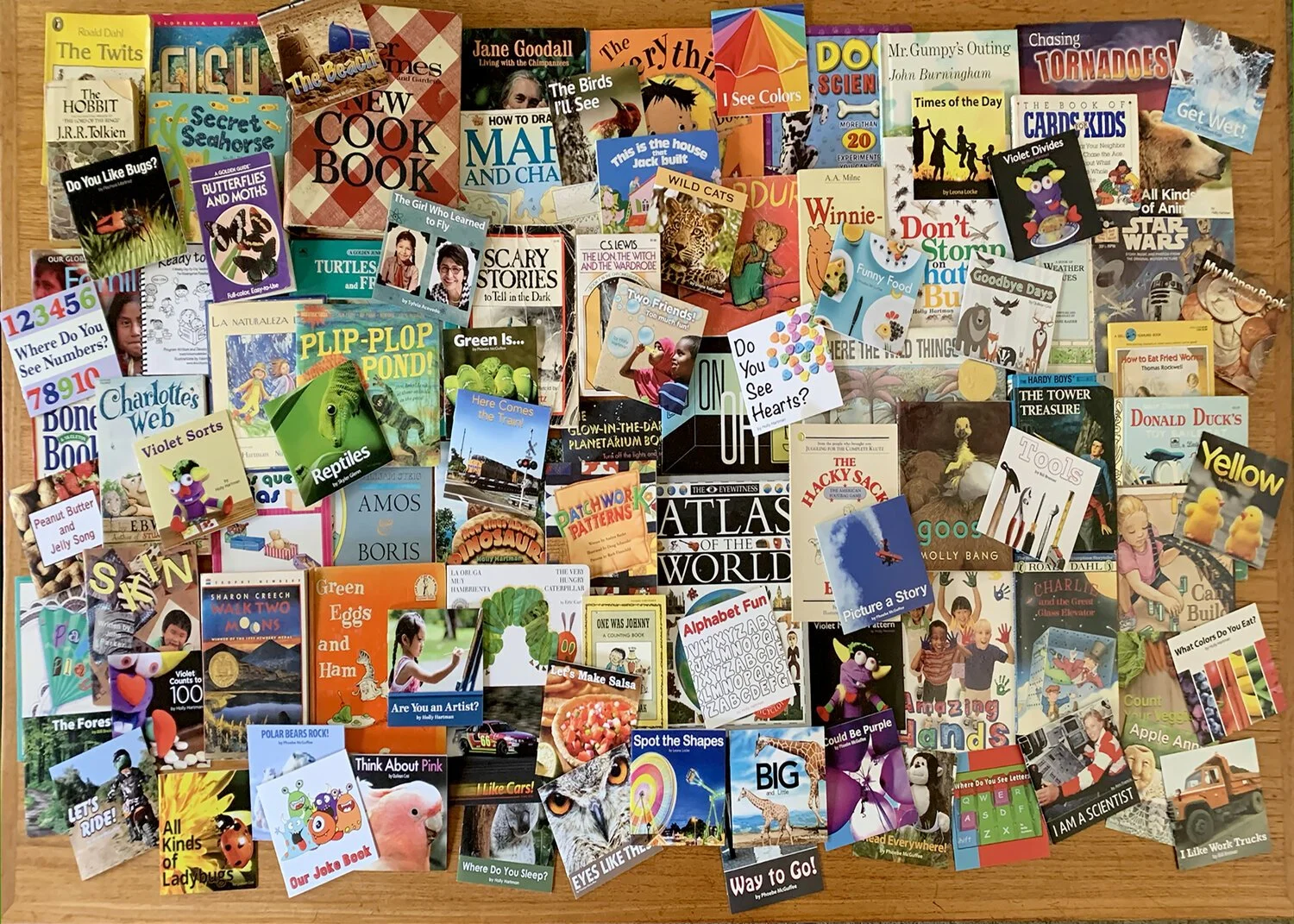
The Optimum Number of Books
One hundred (100) is the optimum number of books in a young child’s home relative to them growing up to be a proficient, avid reader.
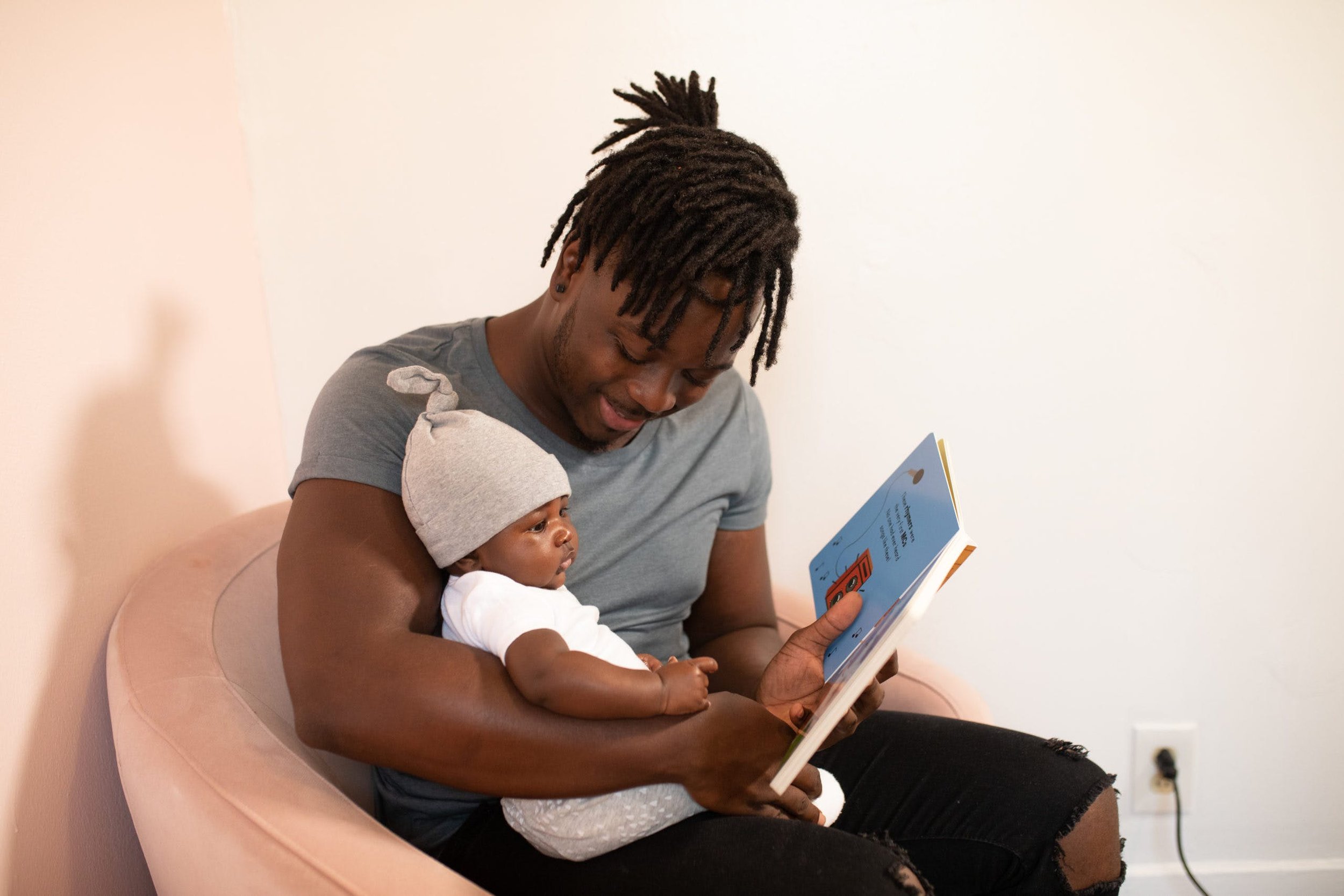
Early Literacy Must Not Wait for Preschool Enrollment
Preschool includes early literacy “lessons,” but take a small step back from that and it becomes immediately clear that it is not early enough.

Teaching Children to Choose
One of the challenges for children in growing from emergent readers into lifelong, avid, joyful readers is figuring out how to find books they will love when there are so many from which to choose.
